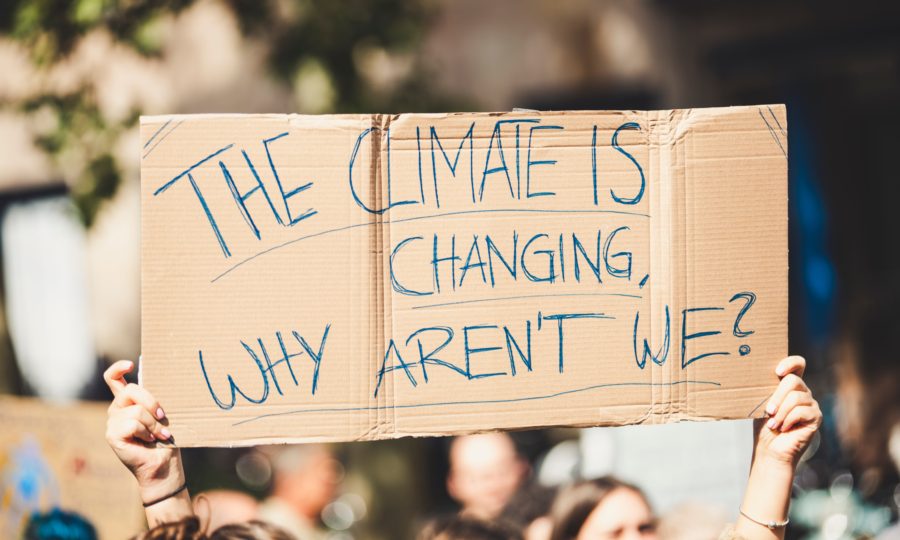Katy and I presented at a conference this weekend on our work on Arendt and the family. But we added a new twist to our deliberations, that of the peer group. According to Arendt, the peer group not only provides friendship but also political support.
Our talk on the peer group was based on Arendt’s essay on Rosa Luxemburg, which appears in Men and Dark Times. Luxemburg is one of only two woman who make an appearance in this book. The other woman profiled is the novelist, Isak Dinerson. These two women are exemplars, one of storytelling, the other, politics, two of Arendt’s life-long interests.
Rosa Luxemburg is such an interesting figure in Arendt’s life. As a young girl, Arendt’s mother took her to a rally where Rosa Luxemburg was speaking. And that speech was something that had a powerful effect on Arendt.
The conference we attended was on Rethinking Responses to Political Crisis and Collapse. It was held at King’s University College, London, ON. Alongside Arendt and Luxemburg, conference presenters spoke on the life and work of Simone Weill and Edith Stein. It was fitting that this conference was held over the International Women’s Day (IWD) weekend. Although it is difficult to argue these women were strong feminists, they offer feminists strong examples of female political actors. And strong female actors are so important in politics then and now.
Over the weekend, as part of IWD, we saw examples of feminists across the world fighting issues from climate denial through to domestic abuse. Particularly impressive is the action of women in Mexico, who took to the streets work to protest against femicide and government inaction. This is a powerful example of the kind of collective action that works to change the public space in a meaningful way. These women are dealing with a private crisis by creating public dissent, something that Arendt may not have approved of but this feminist does.
Crisis was a theme in the conference, and I found it hard not to reflect upon the coronavirus crisis currently affecting so many countries. After listening to a radio announcement that many Italians were being quarantined, and being told not to hug or kiss one another, my thoughts went to the effects this lack of connection might have both on the public and private realms. Some people chose to flee from one part of Italy to another to escape the lockdown.
What will be the after-effects of an imposed period of isolation on a third of Italy’s population? Arendt tells us that action’s boundlessness means that its outcome cannot be known. In a country where marriages and funerals have been declared illegal to contain the spread of the virus, one wonders what effect this might have on the private realm.
Finally, a report in the Guardian suggests that people over 70 will not be allowed to attend public events. Advice from the United States suggests that people 60 and over stay at home. Who decided on that age limit? We are told that it is for their own sake, yet I cannot imagine anything other than a public outcry if a similar decree was given to people of a particular ethnicity or gender. Is it because we care so much for those older than ourselves? What are the long-term dangers to civil society when such decrees take effect? And how can we rebuild collective trust, following such a crisis? I don’t know the answers to these questions, but I do know we need to think carefully about how such crises radically change our connection with the public space, as well as our connections with one another, whenever governments start to decree who can go where.
Photo by Markus Spiske on Unsplash
